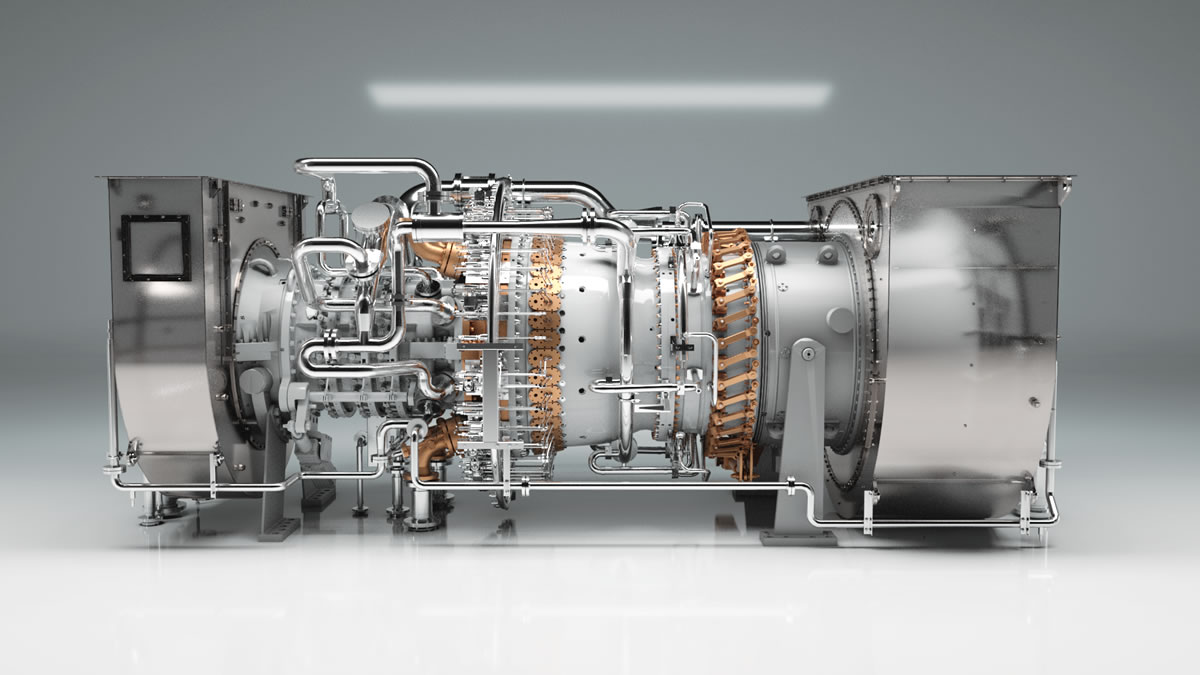23/02/2019 -

Fundamental to keeping an industry running, energy is an expensive input and directly reflects the enterprise’s competitiveness. After all, influence from the cost of production to the composition of the final price for the consumer. Therefore, the search for efficiency must be constant. It is necessary to move machines and engines by spending less, with quality and commitment to the environment. Solving this equation is not simple. It is necessary to avoid waste and seek alternatives for the generation of energy. And one of the most efficient methods available is cogeneration, also known as CHP (Combine Heat and Power). This process allows the generation of electricity and heat at the same time. In practice, cogeneration takes advantage of the heat that would be thrown into the atmosphere. By means of a gas turbine, the exhaust gases are directed to a heat exchanger. The result of this process is captured and recovered to provide hot water or steam for other uses. That without using more fuel. In this cycle the efficiency gain reaches 90%, an index that in no way should be disregarded. It is worth remembering that in traditional power generation, electricity and thermal energy are produced separately using two different processes and fuel sources. Conventional fossil fuels are used to generate electricity with maximum efficiency around 60%, and in most cases the heat produced as a by-product of this process is dispensed into the environment. While a boiler or kiln is used to generate heat, usually for steam production. More efficient and alternative to eliminate waste, cogeneration brings other advantages to the industry. Among them are the reduction of the cost of electric power and steam (or hot gas), maintenance of the financial planning without impact of the volatility of the energy price of the network, reach of 98% of reliability when using the technology present in the gas turbines and reduction up to 30% in the emission of greenhouse gases. Besides the economic gain, cogeneration contributes to improving the company’s image with the public. Another benefit is the possibility to benefit from incentives available to companies with green certificates and energy efficiency.